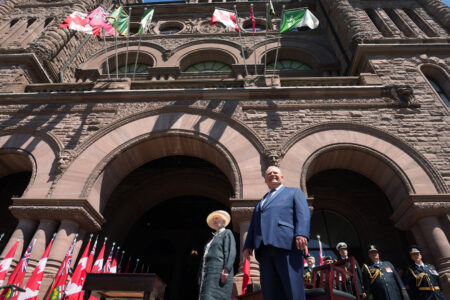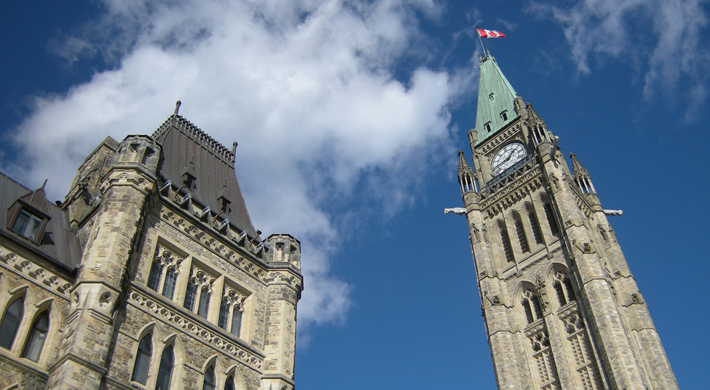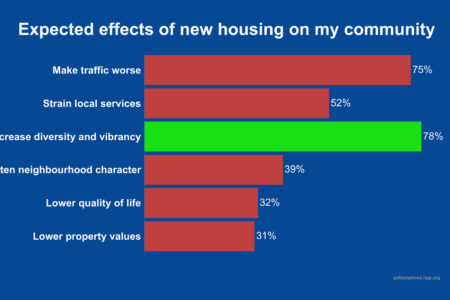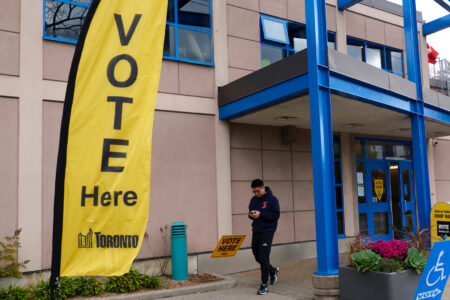
Justin Trudeau announced yesterday an impressively comprehensive set of democratic reform policies (a label the Liberals avoided in favour of “fair and open government”). Paul Wells has a great post suggesting that Trudeau “is essentially running on 20 years of Andrew Coyne columns. It’s so earnest, you could cry.” In other words, people who lament the state of our democracy – and especially academics who study parliamentary accountability and transparency – should feel like kids in a candy store.
The pledges of electoral reform and mandatory voting have already received the bulk of coverage. I’m a little skeptical of mandatory voting (it seems like treating the symptom rather than the cause of a disease). I also think the electoral reform proposal would have benefited from more clarity; had the Liberals staked a claim to a particular system and sought a mandate to implement it, that might have been a bit more bold than promising “consultations” after the election. What happens if the consultations show Canadians support the status quo? Does Trudeau renege on his promise?
There will be lots of time for Trudeau to address these two issues, but I wanted to comment on some of the other proposals, many of which are really, really good. With others, there are some potential problems. (A note: in the past I’ve been consulted by the Liberal Party on Senate reform and Trudeau’s “Canadian liberty” speech, but I was not consulted on anything announced yesterday).
The proposals – if implemented – would make significant improvements to government transparency and accountability, and in conjunction with their recent announcement on taxes and simplifying and expanding the child benefit system, the Liberals might finally be chipping away at the idea that Trudeau is lacking a substantive policy agenda.
There’s a lot to like here.
On transparency, a pledge to make government data more open, both through access to information but also in general and with (in)voluntary disclosure, with expanded powers for the Information Commissioner, a push to expedite “open data” by default, easier access for individuals to their personal information, and new requirements for parliamentary expense reporting.
On Parliament, we get a slew of things we’ve heard before: more free votes, stronger parliamentary committees, a re-articulation of Trudeau’s previously announced plans for modest Senate reform, greater oversight on spending/public accounts, an end to abusive use of prorogation and omnibus bills. But on top of that, there are some great little long-sought gems: the introduction of a Prime Minister’s Question Period (like in the UK Parliament, a day a week for the PM to be the sole focus of opposition questions), along with expanded authority for the Speaker to challenge and sanction members during QP; and the promise to make the Parliamentary Budget Officer a full officer of parliament (with the full independence and resources, like the auditor general).
On elections, a promise to crack down on election fraud, make it easier for people to vote, a ban on partisan ads (an Advertising Commissioner will be created to help enforce this), strengthening the powers of the Chief Electoral Officer, bring in limits on party spending between elections, and create an independent commission to organize leaders’ debates.
They’re gonna bring back the long-form census. A no-brainer.
They’re gonna ensure diversity in government appointments, gender parity in Cabinet, and guarantee gender-based analysis in decision-making. Also worthwhile.
A number of proposals raise some problems (or just things worth thinking about):
What does the pledge to make Statistics Canada fully independent look like? In the same breath, the Liberals promise “more detailed labour market information, child development data, and statistics on natural capital” – I guess these will be implemented before StatsCan is granted independence that prevents such tinkering?
There’s a promise to “unmuzzle” government scientists. On its face, this is good. Publicly-funded research should be public, and scientists should be free to talk about their findings. However, I’ve always been a bit concerned about the histrionics surrounding the extent to which the Harper government “muzzled” civil servants. There should be limits on what civil servants – including government scientists – should be free to opine about, particularly on the prescriptive side of things. Once the government makes a policy decision, it is the duty of civil servants to faithfully implement (as opposed to complain to the media). I’m left wondering whether the Liberals see any limits to the “unmuzzling”…
There’s a pledge for data-driven decision-making. This is also great, but it’s a little hard to do in practice. As Alex Usher asked on Twitter, what is data-driven about the Liberal’s promise to “save home mail delivery”? Because on that one, I’m not seeing evidence-based decision-making, I’m smelling old-fashioned populism.
The promise to have the Canada Revenue Agency “develop a client relationship rather than that of simply a taxpayer” smells like the worst type of ‘New Public Management’ approach. I’m also a little skeptical about the embedded promise of ensuring charities play a role in advocating for public policy in Canada. What do the limits – if any – on that look like?
There’s a promise to only appoint bilingual Supreme Court justices. This severely reduces the potential pool of candidates in some parts of the country, particularly the West; indeed, it may do so to such an extent that the best candidates are overlooked. Moreover, while Trudeau is free to make this promise with respect to his own appointments, Parliament cannot pass a law to guarantee it without a constitutional amendment receiving unanimous approval of the provinces.
Finally, throughout the package of proposals, the Liberals would enhance the powers and independence of officers of Parliament (as well as creating a few new actors in similar roles). Some academic commentators have expressed skepticism about the proliferation of such officers, charging that they tend to exceed their mandates, engage in a political role, and even usurp the role of the opposition. Should we be concerned about giving too much power to these unelected actors?
On the whole, there is much to like about these proposals. The Devil, however, is in the details. As Wells notes, much will depend on whether Canadians believe Trudeau can and will follow through.







